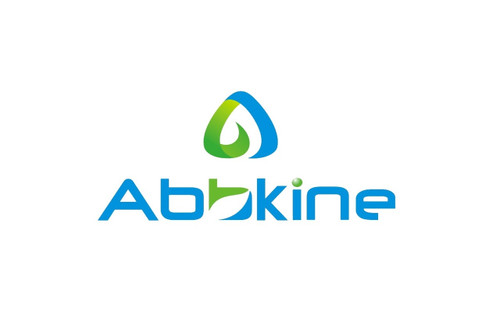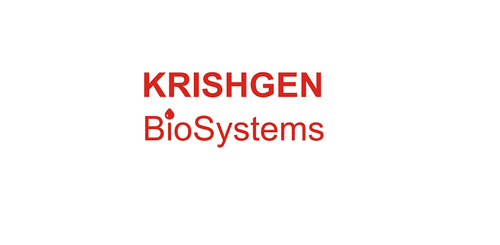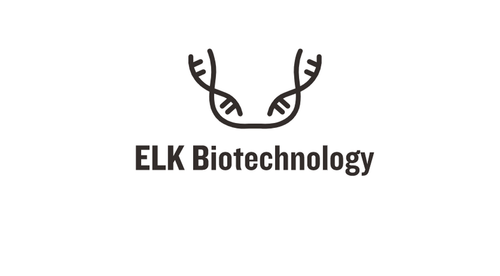Product Description
Human Mitoferrin-1 (SLC25A37) ELISA Kit | AE59752HU | Abebio
Species Reactivity: Human (Homo sapiens)
Abbreviation: SLC25A37
Alternative Name: HT015; MFRN; MSC; MSCP; PRO1278; PRO1584; PRO2217; mitochondrial solute carrier protein|mitoferrin|predicted protein of HQ2217
Application: ELISA
Range: 0.156-10 ng/mL
Sensitivity: 0.053 ng/mL
Intra-Assay: ≤4.2%
Inter-Assay: ≤7.8%
Recovery: 0, 96
Sample Type: Serum, Plasma, Other biological fluids
Detection Method: Sandwich
Analysis Method : Quantitive
Test Principale: This assay employs a two-site sandwich ELISA to quantitate SLC25A37 in samples. An antibody specific for SLC25A37 has been pre-coated onto a microplate. Standards and samples are pipetted into the wells and anySLC25A37 present is bound by the immobilized antibody. After removing any unbound substances, a biotin-conjugated antibody specific for SLC25A37 is added to the wells. After washing, Streptavidin conjugated Horseradish Peroxidase (HRP) is added to the wells. Following a wash to remove any unbound avidin-enzyme reagent, a substrate solution is added to the wells and color develops in proportion to the amount of SLC25A37 bound in the initial step. The color development is stopped and the intensity of the color is measured.
Product Overview: SLC25A37 belongs to the SLC25 family of mitochondrial carrier proteins.Shaw et al. (2006) cloned mouse Slc25a37, which they called mitoferrin. Northern blot analysis detected expression in all tissues examined, with highest levels in hematopoietic organs, fetal liver, bone marrow, and spleen. In developing mouse embryos, mitoferrin was first detected at embryonic day 7.5 in the extraembryonic yolk sac, coincident with the appearance of blood islands. By searching databases for SLC25 family members, Haitina et al. (2006) identified 2 splice variants of SLC25A37. The deduced protein contains 351 amino acids.SLC25A37 gene maps to chromosome 8p21. The mouse Slc25a37 gene maps to chromosome 14.
Stability: The stability of ELISA kit is determined by the loss rate of activity. The loss rate of this kit is less than 5% within the expiration date under appropriate storage condition. The loss rate was determined by accelerated thermal degradation test. Keep the kit at 37°C for 4 and 7 days, and compare O.D.values of the kit kept at 37°C with that of at recommended temperature. (referring from China Biological Products Standard, which was calculated by the Arrhenius equation. For ELISA kit, 4 days storage at 37°C can be considered as 6 months at 2 - 8°C, which means 7 days at 37°C equaling 12 months at 2 - 8°C) .
 Euro
Euro
 USD
USD
 British Pound
British Pound
 NULL
NULL












